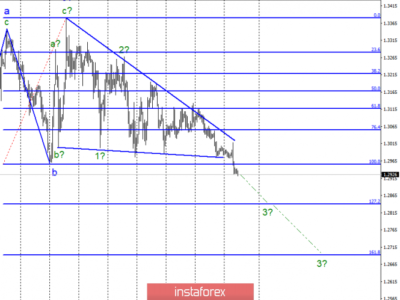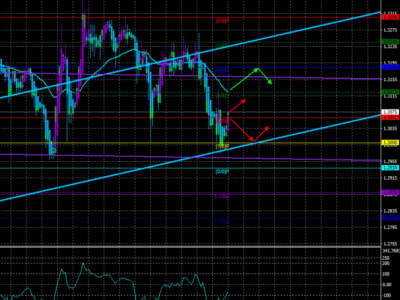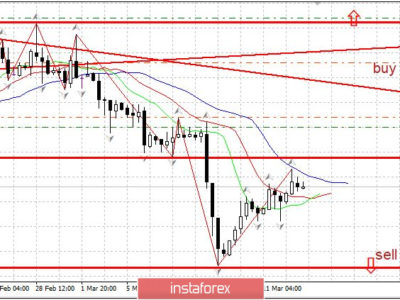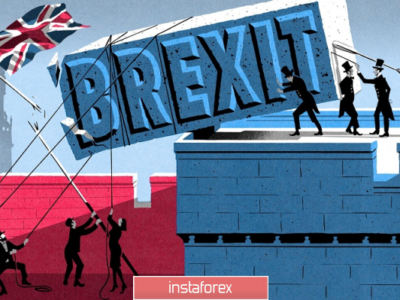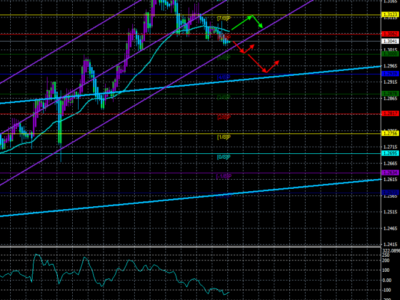Will Brexit Lead to Recession? Most Experts Seem to Think So
The United Kingdom’s decision to exit the European Union rocked the financial markets, creating a haze of uncertainty about the economic outlook. That’s why economists, market analysts and even politicians stepped up to warn Britons against voting to leave the EU in the months leading up to the vote.
Now that Vote Leave has won, investors are asking how the so-called Brexit will impact the domestic economy and what implications it has on regional markets. Below is a look at what we know so far and what the experts are saying.
Immediate Impact
Brexit wiped $3 trillion from the global stock market in just two days.[1] That was the biggest selloff ever recorded. While markets have more than rebounded, the post-Brexit selloff gave us a taste of what to expect should the UK’s trade negotiations with the EU go awry.
Bank of England Governor Mark Carney, who was among the parade of leaders warning against Brexit, told markets that monetary easing would likely occur over the summer.[2] Under Mr. Carney’s guidance, the central bank lowered the countercyclical buffer for banks to zero from 0.5% of risk-weighted assets, which increases their capacity to lend by as much as £150 billion.[3]
As it turns out, the Brexit vote occurred at a time when the UK economy was beginning to slow. GDP growth slowed to 0.4% in the first quarter, down from 0.6% in the final three months of 2015. The outlook is likely to deteriorate further in the short term. Early signs seem to indicate that home owners in London have lowered their asking price in the wake of Brexit, resulting in a nearly 40% spike in sales just one week after the plebiscite.[4]
Additionally, the negative consequences of Brexit won’t be contained within the UK’s borders, according to the International Monetary Fund (IMF), which recently downgraded its outlook on Eurozone growth over the next three years. The Eurozone economy is projected to grow 1.6% this year and 1.4% in 2017, down from previous estimates of 1.7% in both years, the IMF said. Eurozone GDP is expected to grow 1.6% in 2018, down from a previous estimate of 1.7%.[5]
Economic Outlook
The outlook on the British economy isn’t pretty, according to the large majority of economists and major research institutes. Bodies like the CEP, HM Treasury, OECD, NIESR, PwC and Oxford Economics expect the UK economy to shrink between 0.8% and 7.9% by 2030, reflecting the long-term consequences of the EU exit.[6]
John Van Reenan, director of the Centre for Economic Performance at the London School of Economics, explains the immediate impact of Brexit rather succinctly:
“You get a rabbit-in-the-headlights phenomenon where businesses don’t want to make new decisions, or new investments, because they are uncertain about the future. The immediate effect will be a lowering of investment activity, a lowering of hiring. There will an immediate slowdown of growth.”
And while the immigration question was largely responsible for Leave’s victory on June 23, a restriction on migration is expected to weigh on the country’s prospects.[7]
While economists are nearly unanimous in their outlook, we have to take their opinion with a grain of salt. That’s because we still don’t know what Britain’s future trade agreement with the EU will look like. Those details are unlikely to surface anytime soon, as the formal Brexit process is expected to take at least two years from the day British lawmakers invoke Article 50 of the Lisbon Treaty. Additionally, several countries are already lining up to strike new trade deals with the UK, which commands the world’s sixth-largest economy.
[1] Nicole Bullock (June 28, 2016). “Global markets lose record $3tn since Brexit vote.” Financial Times.
[2] Roger Blitz (June 30, 2016). “Pound resumes sliding after Carney signals monetary easing.” Financial Times.
[3] Scott Hamilton, Jill Ward and Paul Gordon (July 5, 2016). “Carney Warns of Brexit-Linked Slowdown as BOE Frees Bank Lending.” Bloomberg.
[4] Zoie O’Brien (July 11, 2016). “London property sales surge almost 40% after Brexit despite project fear ‘crisis’ claims.” Express.
[5] Sam Bourgi (July 10, 2016). “IMF Downgrades Eurozone Economic Outlook after Brexit Vote.” Economic Calendar.
[6] Oscar Williams-Grut (June 17, 2016). “One chart shows you all the main economic forecasts for Britain in the event of a Brexit.” Business Insider.
[7] Brad Plumer (June 29, 2016). “How bad will Brexit get? Here’s what top economists are saying.” VOX.
The post Will Brexit Lead to Recession? Most Experts Seem to Think So appeared first on Forex.Info.
Source:: Will Brexit Lead to Recession? Most Experts Seem to Think So



